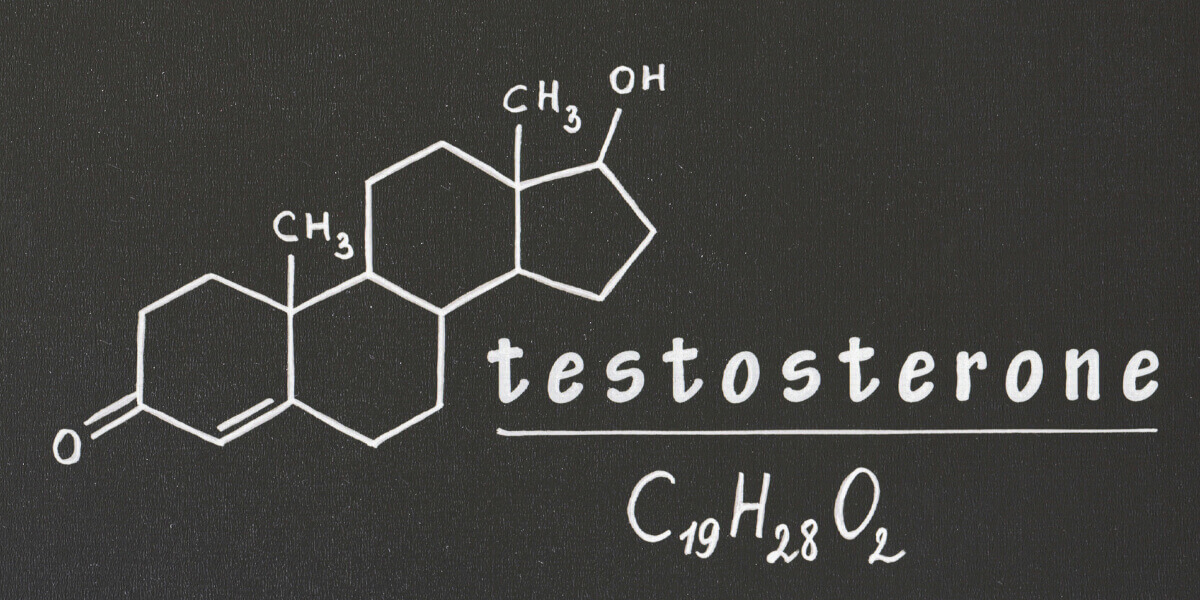Nearly a million men in the U.K. have been diagnosed with low testosterone. We know that it has a prevalence of around 8% to 12% of men over 40, and 25% of all men will get it at some stage in their life, (although we don’t know when that will be). So, if the condition is that common, why is it something that hardly any of us have heard of?
I recently did a TV interview where the male presenter spent the first five minutes of the discussion trying to determine whether it should be called “andropause”, “manopause”, or “male menopause”. In reality, none of these were ideal as they do not really reflect the condition, but the confusion came about because the closest comparison most people make with testosterone deficiency in men, is menopause in women.
The main reason that most people don’t know about testosterone deficiency is that many doctors don’t know about it, and in addition, the general public don’t know about it either. This means that there is an unconscious incompetence that occurs when a patient presents with even the most common testosterone deficiency symptoms. We generally associate low testosterone with poor sex drive, or perhaps losing muscle, but in reality, it does so much more. Perhaps the biggest challenge we face in recognising low testosterone symptoms is that they tend to fit a cultural narrative that says
“It is normal for a man over the age of 30 to start winding down”.
We typically do feel more tired in our 40s because we do more in our day-to-day life; we are often having to juggle a busy home and work life, which means time to ourselves is reduced. Many of us are more tired because we have young families, commitments to partners and jobs mean that we have less time to go to the gym, play sport, and it is harder to stay healthy. Longer working hours mean that we cannot always eat the healthy foods we want to, and sleep is often more broken and shortened and as our children keep us up at night. Therefore, it can often feel as if this is a normal part of life. And of course, for some men this is a lifestyle issue. But the main point is that this is not normal for everyone, and for 25% of men, this decline in health will be due to a deficiency in their main sex hormone, testosterone.
There are doctors that state that we are overestimating the significance of the role of testosterone, and that it is something that is supposed to decline with age. But just like menopause in women, we know that a drop In our main sex hormone causes a decline in our quality of life, increases our risk of other medical problems, and raises the wider question of whether we should simply accept the idea of getting old. In fact, the evidence around the damaging effects of low testosterone is now so clear that a major recent study looking at the impact of low testosterone treatment in men with type 2 diabetes, found that treatment with testosterone replacement therapy can significantly reduce the need for diabetes treatment in some men. Furthermore, it can improve their quality of life and reduce their risk of complications.
Therefore, isn’t it about time that we stopped trivialising, and normalising the drop in our sex hormones, and start to realise that when we are looking at disease prevention, improvements in quality of life, and health optimization, we need to consider the importance and implications of testosterone.
It is only when we start to move away from the 20th century cultural narrative that says a man in his forties should be wearing a cardigan with patches, have no interest in sex, and become fat and tired and grumpy, that we will start to increase the number of patients diagnosed with low testosterone and improve health outcomes for men as we get older.
About Dr Jeff Foster

A Men’s Health specialist and Medical Director and founder of H3 Health. I’m passionate about raising awareness of all aspects of Men’s Health, and heavily involved in both teaching and health promotion. I’m a committee member of the British Society of Sexual Medicine, and have been involved in writing the most recent national guidelines for testosterone deficiency in men.
Get in touch with Dr Jeff
If you are a prospective patient and wish to see Dr Jeff privately, then you can book an appointment via H3 Health (03309 120769 – National Rate). Alternatively if you are a member of the Media, then please use our contact form for media enquiries.





